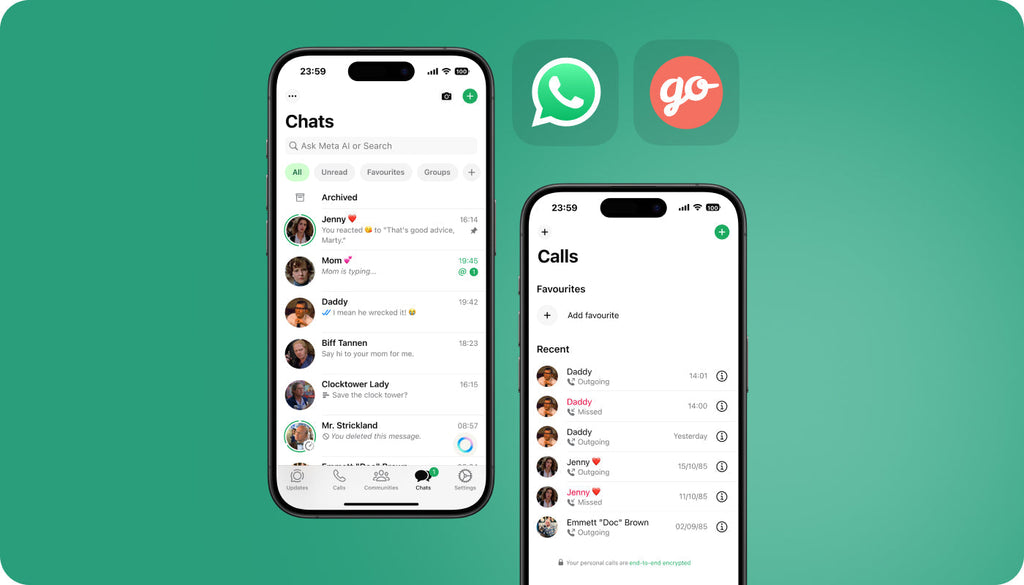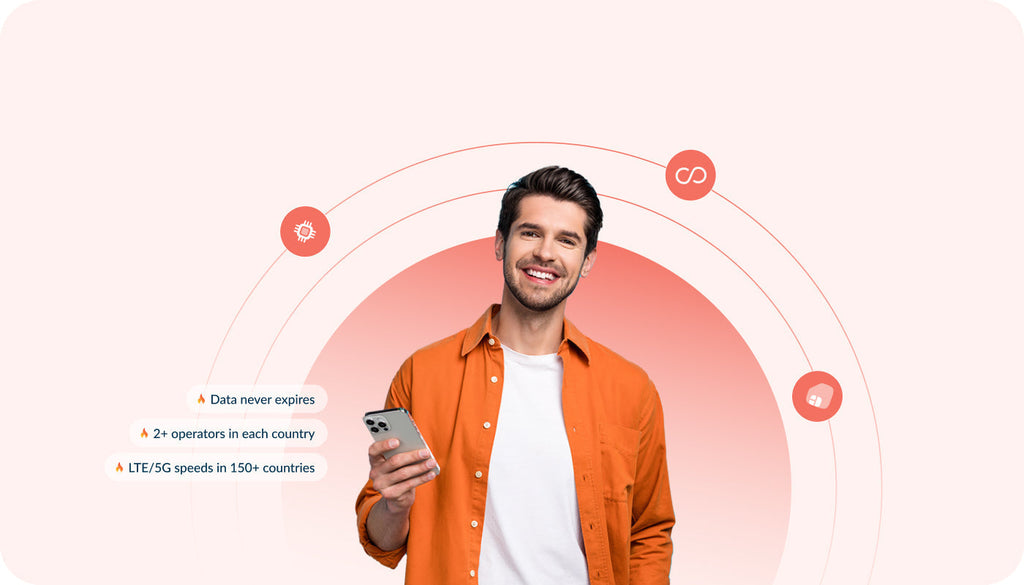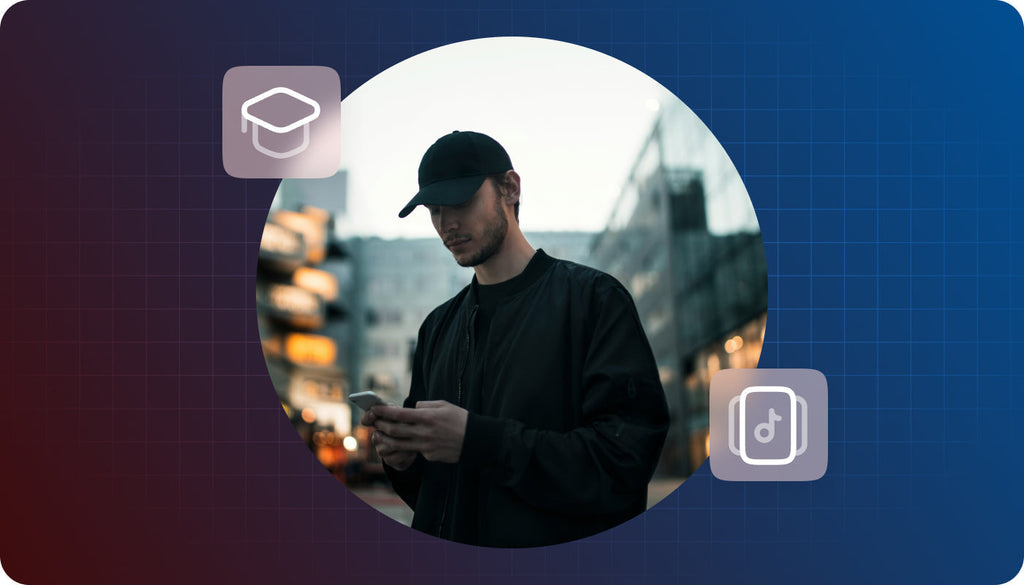How to Protect Your Privacy Online & Why Does It Matter
How many Internet-connected devices do you have? In the modern world everyone has at least one gadget that connects to the web. Using uninterrupted Internet connectivity is vital for most of us when we stay at home or browse the web on the go. Internet-connected devices may be an easy target for hackers to steal your personal information, compromise your sensitive financial data, or simply listen and watch. That’s why it’s vital to take care of a wise online privacy strategy to minimize the risk of potential exploitation. With a few precautions, you will be able to prevent any type of fraudulent activities from happening on your devices when you connect to the web.
Importance of online privacy
As the name suggests, online privacy refers to how much your personal information, financial details, and browsing history remain private as you browse the Internet. Many people underestimate the importance of online privacy and do not control how much information they share, what WiFi networks they connect to, what software they use, etc.
When it comes to online privacy, everything matters - from selecting a connectivity provider to installing third-party software on your devices. For example, Keepgo customers may feel secure when they connect to the Internet using SIM cards in their devices or by using portable WiFi hotspots. By the way, the latter has proven to be the safest solutions that keep several WiFi-enabled devices. With a mobile WiFi hotspot from Keepgo, you get your private network wherever you go. You do not need to put your online privacy at risk and use unreliable public WiFi.
It’s vital to keep in kind that nothing is free. Whenever you use a third-party application, use a free email service, or browse social networking sites - you pay a pretty penny by sharing data about yourself. At the same time, Keepgo never asks for your data. Your data will never be given to 3rd parties because we simply do not have it. The maximum privacy is guaranteed to every customer who creates a personal account and starts using high-speed internet from Keepgo.
Online privacy is extremely important for many reasons:
- You don’t want to share your personal life details with strangers;
- It’s hard to ensure that your sensitive data is not collected by someone else;
- You feel uncomfortable with targeted ads that use your Internet search history;
- You feel worried that your information will be sold to another person or company or even shared on the web.
To prevent this from happening, Keepgo lets you stay anonymous even when you pay for connectivity services. We’ve recently added an option of payment with cryptocurrency.
Privacy vs. Anonymity - What’s the Difference?
The world believes in encryption because it’s theoretically easier to encrypt than to brute force decrypt. The universe doesn’t accept in anonymity as it requires a lot of effort from us to remain anonymous as we connect to the web.
We often use the terms of privacy and anonymity interchangeably. However, it’s not right. When we are speaking about encryption, it may protect your privacy. However, encryption doesn’t protect the metadata and your anonymity. Hackers can easily access such data as who and when you are talking to, what channels of communication you prefer, how many messages you exchange, what size of attachments you send, etc.
Gone are the days when we “went online.” Today, most of us live online. Such things as geotracking, facial and fingerprint recognition in public places, etc., mean no online anonymity, which is nearly impossible to achieve these days.
How to Protect Your Privacy Online
It’s easy to get lost when you read about online security threats. However, it’s easier to prevent the risk of fraud than you think. Let’s check how.
- VPNs are not anonymous. You will be surprised to find out there is nothing anonymous about using a VPN. A VPN service simply shifts your ISP traffic (at home) to the VPN’s server. There are many reasons why using a VPN is a good idea, but it had nothing to do with anonymity online. A VPN provider can see all your traffic. It means an adversary that gains control over the VPN servers can also see your traffic.
- Check app permissions. As a rule, we install applications on our iOS and Android devices ask for more permissions than they need. For example, does the chosen app need to access your microphone, gallery, address book, location, etc.? What for? Dig through your settings and disable the unnecessary permissions.
- Use an ad blocker. Ads are everywhere on the web today. Google and Facebook are the two biggest players in the ads’ world. They track every move you make online and target you with ads even if you don’t account for either of the two services. Installing an ad blocker is not a cure because many sites will request you to disable it to view their content. However, it’s still better than nothing. AdBlock has a good reputation. The Brave Browser will also help you block ads and trackers by default.
- Use service providers that advertise zero-knowledge file storage. Many of us use Gmail to exchange private and business information, DropBox - to upload photos from a recent vacation and Office 365 for business matters. However, many of us do not even guess that all of these services cooperate with mass surveillance programs, meaning that you have no privacy on any of them. Of course, you can encrypt your data every time you upload or send a file. But we will not do it regularly and give up after the first couple of attempts. A better idea is using zero-knowledge services. SpiderOak is a popular alternative to DropBox. It’s US-based and is known for zero-knowledge file storage.
- Think twice before posting something online. If there is something that you want to keep private, do not share it with your social media followers. While posting different details about your life might not appear sensitive on their own, but when taken all together, many shared details can build up a discreet picture that you do not want to share with others on the web.
Bottom line
Today, we live on the Internet. Look at the daily reports on your smartphone. How many hours do you spend looking through the news feed daily? I bet there are several hours of social media activity recorded daily. And now think how much of your sensitive information becomes an easy target for scammers. Not to become a victim of security breaches and data leaks, be proactive. Stay connected to reliable wireless providers, check app permissions every time you add new software to your device, and think twice before sharing anything in the online community.
Stay anonymous online!




